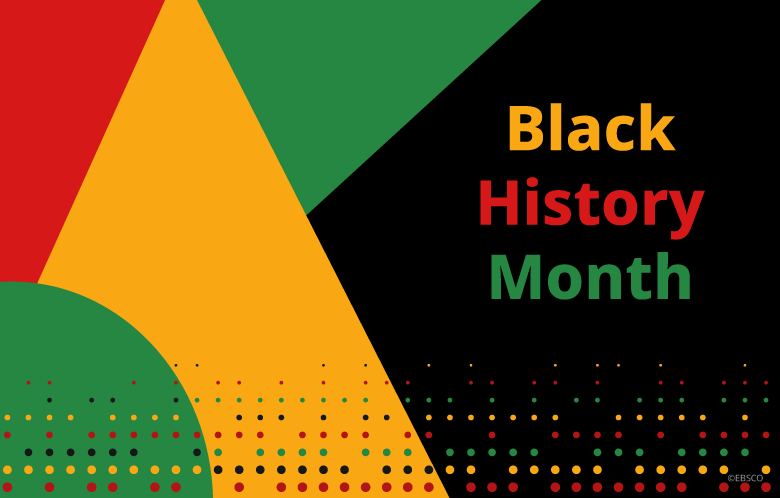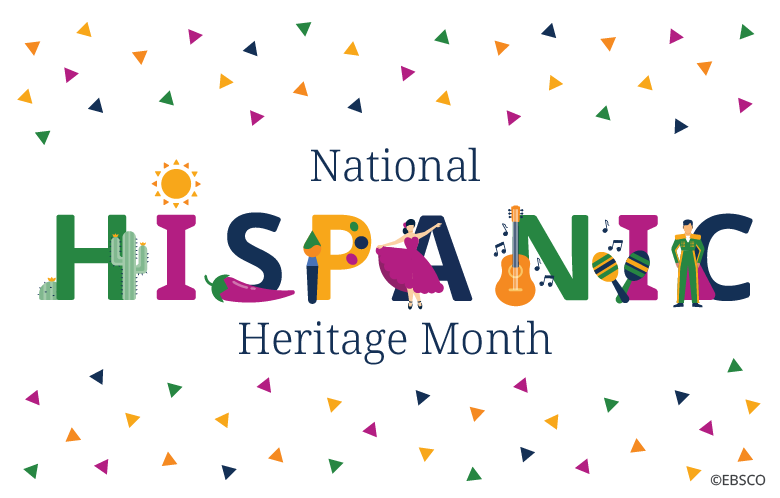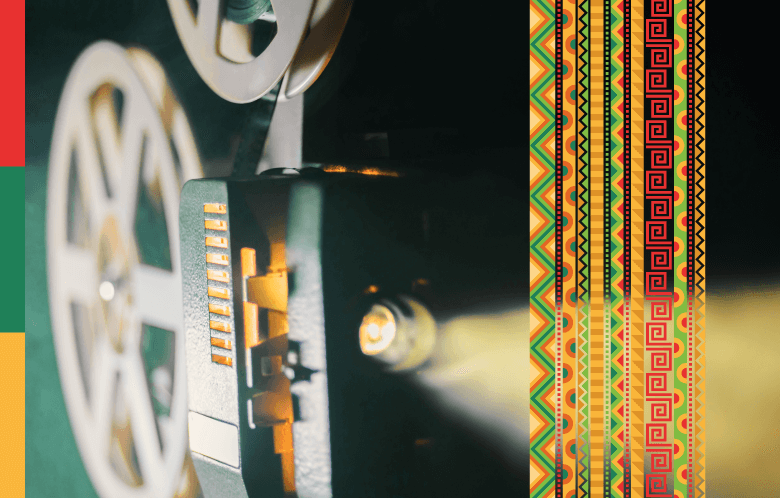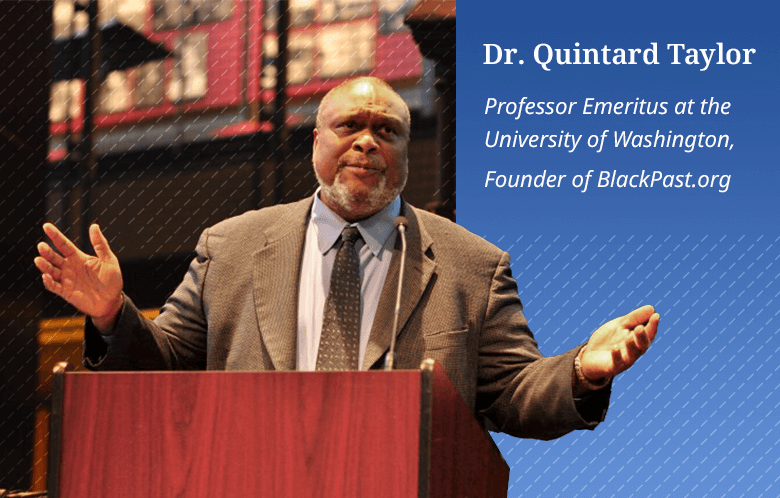Since many schools, universities, libraries and other organizations celebrate Black History Month — also known as African American History Month, we’ve curated a list of resources to support collection development, curriculum delivery and programming.
Collection Development
Working with Readers
NoveList® Plus can help librarians find a variety of fiction and nonfiction celebrating African American characters and culture. To learn more about how to match a reader to stories with characters and from authors that represent various cultures, watch the recording of Find Inclusive Reads for Every Reader. Librarians, educators, caregivers, and readers can also use this handy guide to search NoveList, NoveList Plus, NoveList K-8, and NoveList K-8 Plus to find representative books. LibraryAware customers also have access to great templates for Black History Month and other holiday and seasonal celebrations throughout the year. For libraries looking to add new books by and about Black Americans to their shelves, Core Collections™ is a comprehensive guide that helps you build and maintain well-rounded collections of nonfiction and fiction books. With a new home page and easier navigation, finding what you need is easier than ever. And if you feel less than confident in your work matching readers with books, a Learn with NoveList Plus subscription will provide ongoing training in this core skill.
E-Book Collections
For libraries looking to expand their e-book collections, the EBSCO eBooks African American History Collection contains fiction and nonfiction e-books for all age levels, including biographies of famous African Americans and current bestsellers by award-winning authors. The EBSCO eBooks Children's: African American History Collection contains age-appropriate e-books focusing on important historical events and biographies of notable people, including activists, athletes, performers and politicians.
In addition, libraries can enrich their Flipster® digital magazine collections with the latest issues of Essence, Black Beauty & Hair, Black Enterprise, Black EOE Journal and Black Girls Magazine.
Be sure to download our poster of top e-book and digital magazine reading picks for Black History Month.
Archive Resources
Libraries looking to provide more support to students, historians and researchers can augment their collections with these primary source materials from our archive collection:
- Jet Magazine Archive covers art, culture, entertainment and news for the black community. It includes 3,100+ issues from its first issue in 1951 through 2014.
- Ebony Magazine Archive covers civil rights, education, entrepreneurship and other social topics with a focus on Black Americans. The archive includes more than 800 issues from its first issue in 1945 through 2014.
- African American Historical Serials Collection is an archive of periodicals that document the history of African American religious life and culture between 1829 and 1922. It includes newspapers and magazines, as well as reports and annuals from African American religious organizations such as churches and social service agencies.
Academic Resources for DEI Studies
Ethnic Diversity Source covers the culture, traditions, social treatment and lived experiences of African Americans. It provides full text from peer-reviewed journals, magazines, e-books, biographies and primary source documents.
Exploring Race in Society is a new free database that offers essays, articles, reports and other reliable sources. It provides an in-depth look at the history of race and critical context for learning more about topics associated with race, ethnicity, diversity and inclusiveness.
K-12 Resources for Teaching and Learning
Visitors to the Black History Month website will find links to exhibits, selected resources for teachers and audio and video recordings from contributors such as the Library of Congress, the Smithsonian, the National Archives and the National Gallery of Art. Librarians might find programming ideas on the We Are Teachers website, which has also curated a list of 34 activities for Black History Month and beyond.
Subscribers of EBSCO’s Biography Reference Center, History Reference Center, Literary Reference Center Plus and/or Science Reference Center can download this three-day interdisciplinary unit that integrates database research: “African American Explorers and Innovators.” In the unit, students will expand their knowledge of lesser-known Black Americans by examining their contributions to science, engineering and technology development.
ABC-CLIO’s The American Mosaic: The African American Experience, available from EBSCO, explores African-American history and its relation to U.S. history through a collection of primary and secondary sources, including essays, biographies, slave narratives, speeches, court cases and other resources, to stimulate students’ critical thinking. Subscribers also have access to an educator support center containing resources for classroom and library integration.
Programming
In addition to creating a traditional book display of fiction and nonfiction by black authors, here are some other programming ideas libraries might consider:
- Film screenings
- Spoken word performances
- Black author/poet events
- Soul food cooking classes
- Art displays featuring the work of local black artists
- African American music performances



